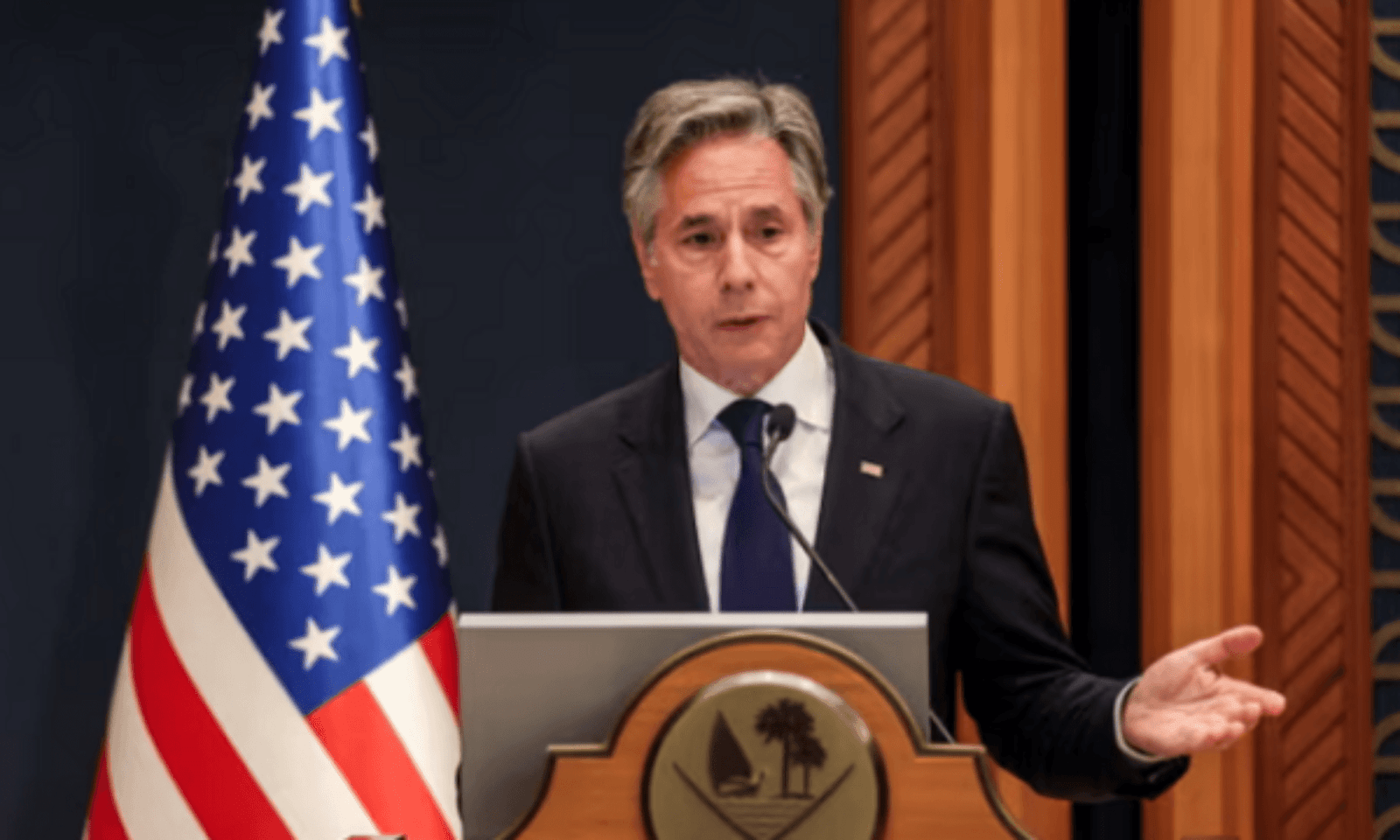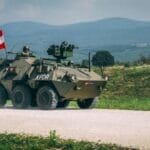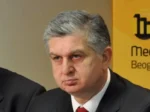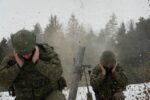The United States is determined to prevent the military conflict between Israel and Hezbollah fighters based in southern Lebanon from escalating into an all-out war, US Secretary of State Antony Blinken told an audience at the Washington-based Brookings Institution on Monday.
According to Secretary Blinken “none of the main actors really want war”.
“I don’t believe that Hezbollah actually wants war. Israel does not want war, although it may be prepared to engage in one if necessary. Lebanon certainly does not want a war, because it would be the main victim in such a war,” he added. “Also, I do not believe that Iran wants war because it does not want Hezbollah to be destroyed and because it can aim to keep Hezbollah as a “card” if it needs to.”
As Mr. Blinken spoke, pro-Palestinian protesters outside the Brookings Institution could be heard through his microphone.
Secretary Blinken reiterated the call to the head of Hamas in Gaza, Yahya Sinwar, to accept the cease-fire proposed by the US and underlined the need for a well-prepared plan for Gaza after the war.
“When the conflict ends there must be clear and achievable plans for governance in Gaza, for its security and of course to help people rebuild their lives, which have been destroyed,” he said.
In his speech on foreign policy, Mr. Blinken also spoke about China.
“I think China’s objectives are clear. Over time, during the coming decades, China aims to be a leading country, dominant in the international arena, militarily, economically, diplomatically, this is clear,” he said.
While the United States has stated that its goal is to responsibly manage competition with China, Beijing has rejected this, saying the relationship between the world’s two largest economies should not be defined by competition.
Chinese officials have said that the “competition of big countries” does not provide “any answer to the problems in the US or the challenges in the world”.
The US will host a high-level NATO meeting in Washington from July 9 to 11, with a focus on security in Europe as Russia’s aggression against Ukraine continues.
Four countries from the Indo-Pacific region – Australia, Japan, South Korea and New Zealand will participate in this high-level meeting./VOA/







